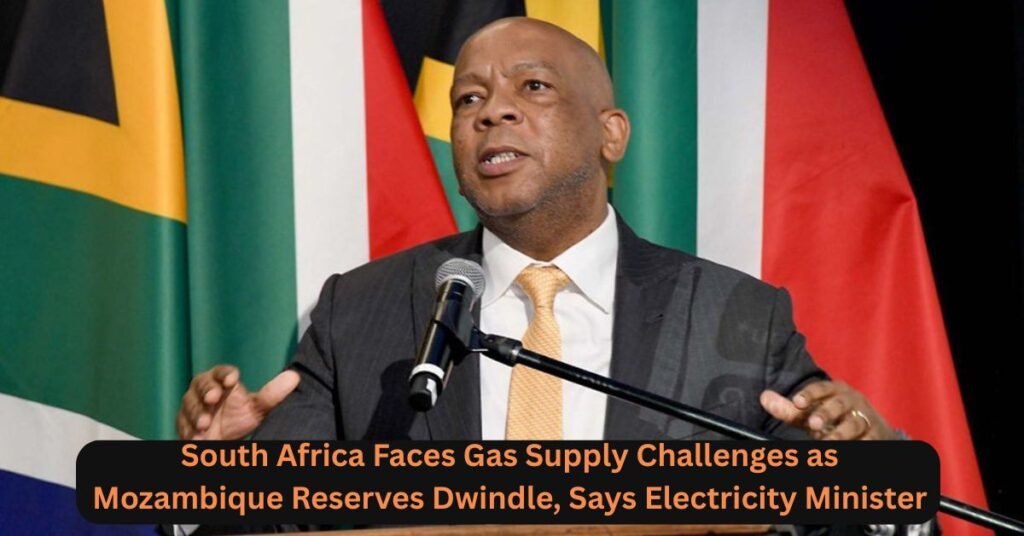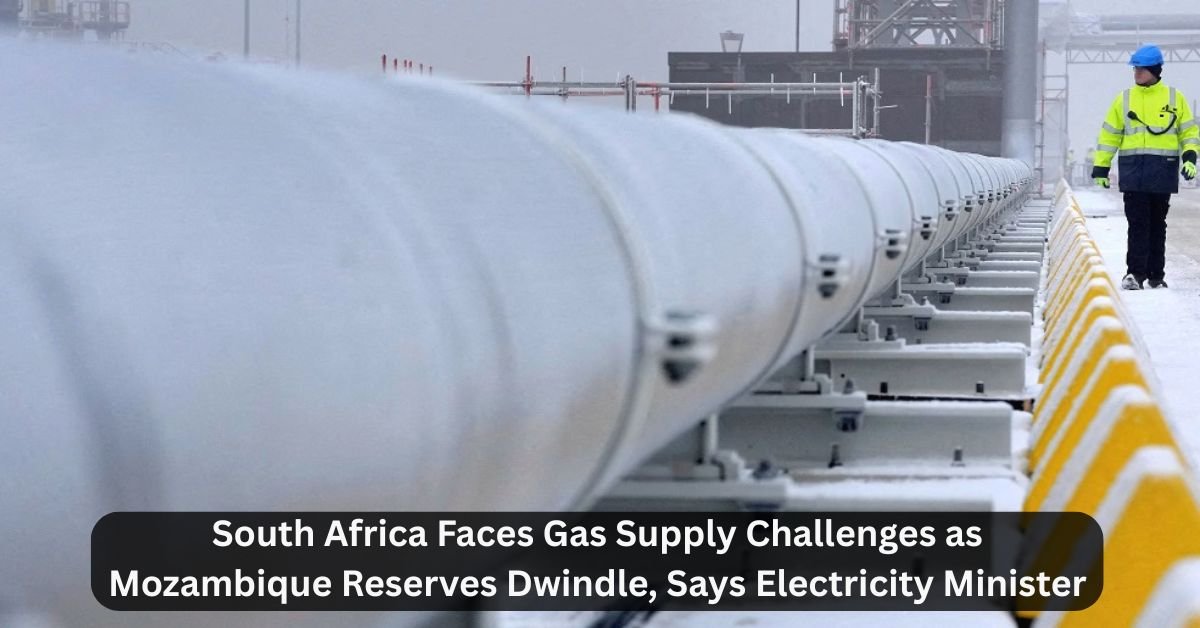South Africa’s Electricity Minister, Dr. Kgosientsho Ramokgopa, has raised alarm over a critical energy challenge: the shrinking natural gas reserves in Mozambique’s Pande field. This development threatens South Africa’s energy security but also offers a unique chance to rethink the nation’s energy strategy. In this article, we break down the risks, opportunities, and strategic responses shaping South Africa’s energy future.
The Risk: Dwindling Gas Supplies Threaten South Africa’s Energy Security
Mozambique’s Pande gas field has long been a cornerstone of South Africa’s energy mix, supplying natural gas for power generation and heavy industry. However, as reserves decline, South Africa faces the prospect of a natural gas shortage that could exacerbate the country’s already fragile power grid.
With ongoing load shedding, aging infrastructure, and a backlog of maintenance issues, the loss of Mozambique’s gas supply could:
- Increase energy prices for households and industries.
- Disrupt gas-reliant sectors such as manufacturing and chemicals.
- Amplify the country’s economic vulnerabilities amid global energy uncertainties.
Dr. Ramokgopa has warned that without new supply agreements or alternative solutions, the South African energy crisis could deepen, driving up costs and undermining national development goals.
The Opportunity: Diversification and Local Energy Development
While the gas supply crunch is a major challenge, it also presents an opportunity for transformation. South Africa can leverage this moment to:
- Diversify its energy mix by reducing reliance on imported gas.
- Accelerate local gas exploration in untapped reserves.
- Expand renewable energy projects like solar, wind, and green hydrogen.
- According to Dr. Ramokgopa, this shift could not only strengthen energy resilience but also:
- Create new jobs in energy and infrastructure sectors.
- Spur technological innovation in clean energy solutions.
- Enhance regional energy partnerships across Southern Africa.
- Strategic Response: Building a Resilient Energy Future.

ALSO Read: FlySafair Brings Back Its Famous R11 Birthday Sale — Everything You Need to Know
To navigate this challenge, the minister outlined a multi-pronged strategy:
- Strengthen Regional Partnerships
Engage with Mozambique and neighboring countries to secure short- and medium-term gas supplies while developing long-term alternatives.
- Accelerate Local Exploration
Incentivize investment in South African gas exploration projects, tapping domestic reserves to build self-sufficiency.
- Expand Renewable Energy Transition
Scale up investments in solar, wind, and green hydrogen to reduce fossil fuel dependence and meet climate targets.
- Upgrade Energy Infrastructure
Modernize South Africa’s power grid to handle diverse energy sources, improve distribution, and minimize load shedding risks.
Data-Backed Insights: Why Action Is Urgent
- Mozambique’s Pande reserves are projected to be depleted by 2026, according to energy reports.
- South Africa’s industrial gas demand has surged by 15% over the last five years, raising urgency.
- Regional studies show that renewable energy projects in South Africa could generate over 200,000 jobs by 2030.
- These insights underscore the importance of swift, strategic action to safeguard the country’s energy security.
Conclusion: Turning Crisis Into Opportunity
As Dr. Kgosientsho Ramokgopa emphasized, the dwindling Mozambique gas supply is both a wake-up call and an opportunity for South Africa. By acting decisively, investing in domestic energy projects, and strengthening regional collaboration, South Africa can build a sustainable, resilient, and inclusive energy future.
